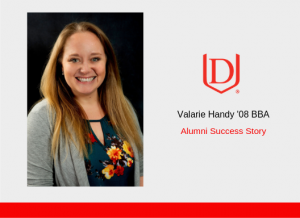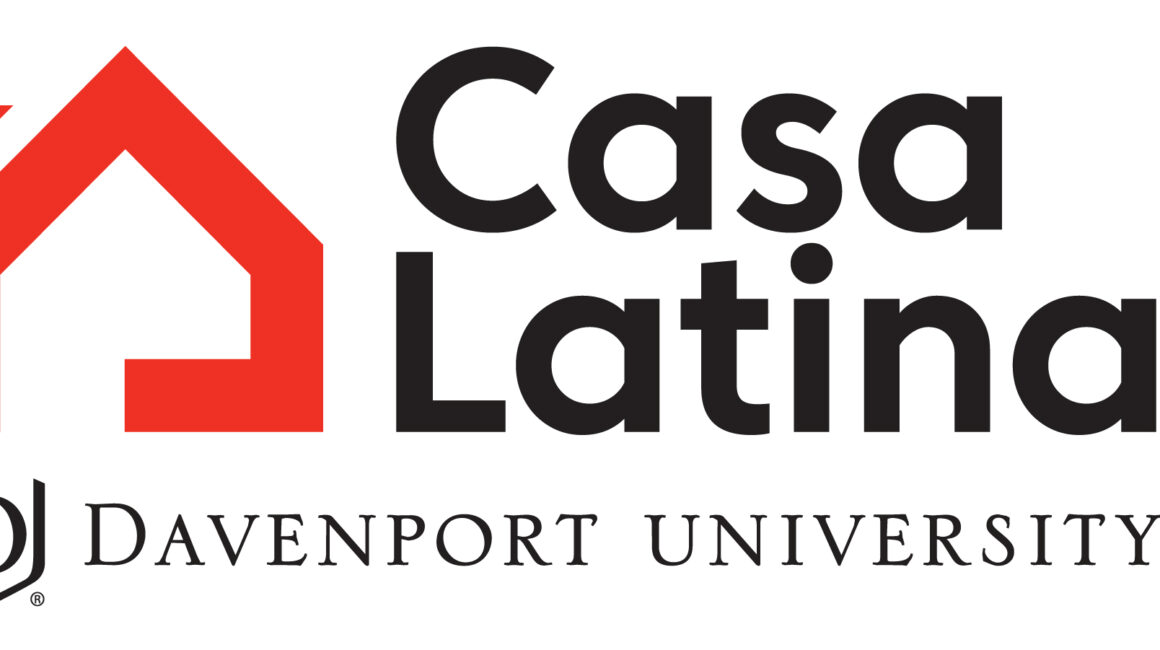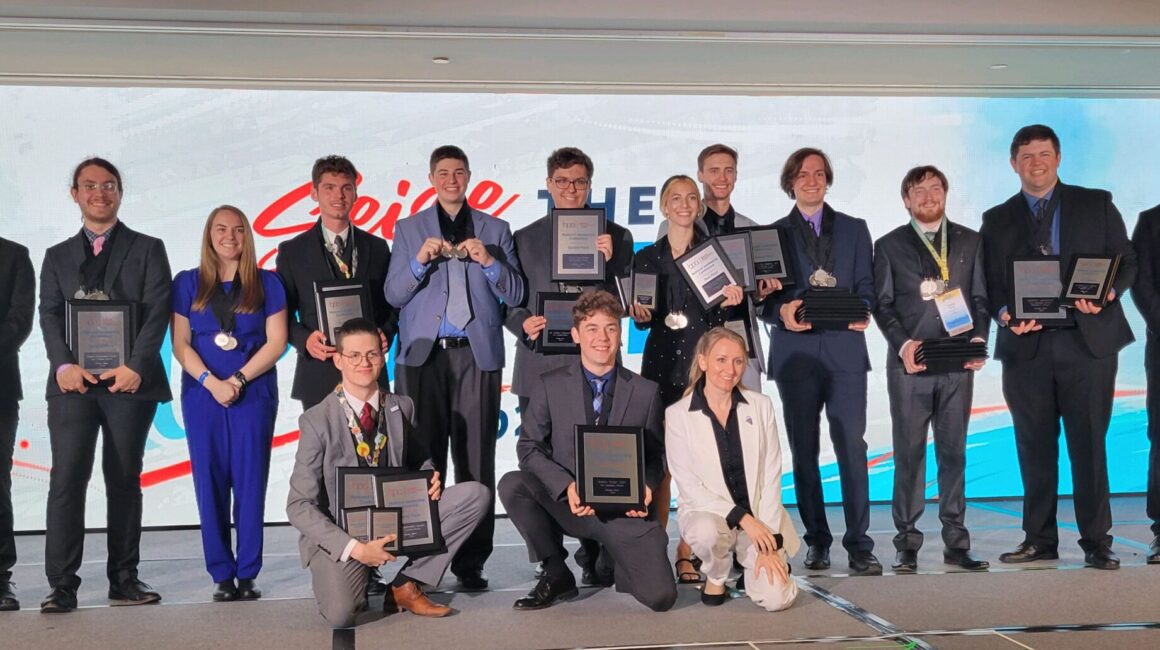

Davenport’s 2019 Young Alumni Award recipient Valarie Handy ’08 considers herself a translator for rural communities. Handy works as an Innovation Center Analyst for the Federal Government through the US Department of Agriculture, Rural Development (USDA-RD). Handy’s Division is tasked with providing data and evidence related to program performance and strategic investing with the ultimate goal of improving the 40+ loan and grant programs and processes for the communities the Agency serves.
Handy explains, “After looking at the metrics of a program we translate the researchers’ findings to our program staff. We take those findings and make the programs more effective. We are changing how and where Rural Development delivers funding.”
Handy uses her Davenport degree to help market that message.
“I use a lot of my Davenport marketing degree and background to help target my message to whatever group I’m talking to, whether I’m crafting that message to internal field staff or the communities we are trying to reach.”
Starting out as a student trainee when she was 19, and still attending Davenport, Handy cut her teeth answering a toll-free phone number for the Federal Government.
“I heard a lot of weird questions, not just USDA related ones. My natural curiosity and desire to serve combined with the research skills I learned at Davenport helped me collect answers and learn about Rural Development programs in addition to other state and national programs.”
She moved up quickly within USDA Rural Development. One of her many roles was as an Area Loan Specialist underwriting single and multi-family housing and community facility loans and grants. That naturally progressed into her role as a Community Development Specialist where she guided communities in developing strategic economic development plans. Once the plans were in place, her 15 years of program knowledge was put to use by supporting plan implementation.
Handy explains, “RD programs provide funding for anything a small-town community needs, minus farms, which USDA’s Farm Services Agency specializes in. We fund everything else from the underground infrastructure, up: housing, small businesses, water and sewage systems, community facilities like fire stations and libraries, and non-profit arts and culture entities.”
Handy’s career progression has mirrored the progression of the Agency. Her various positions have encompassed every aspect of the work USDA Rural Development does. From developing and implementing a project, to underwriting the money for it, to telling the world about completed projects (she was the Interim Public Affairs Director for about a year), to now going back and analyzing the impact the funding made on the community.
“I’ve really come full-circle in working for USDA. I think this job provides me with a way to learn new tools to look at some really complex information, like economic impact analysis programs which look at the ripple effect of our funding and the viability of the business surviving after they receive a grant.”
The Innovation Center Handy works in is a fairly new department and part of her job is analyzing, on a national level, what programs are working well in the long term. In the past, USDA Rural Development focused primarily on “dollars out the door” as their measure of success. The research her Division is doing, and the translation she does to get the results to RD staff and rural communities, is supporting evidence based decision making. Policies and processes are being changed as a result of the analysis going on at the Innovation Center.
Handy goes on to explain, “This is a complete culture shift within the Federal Government and it’s going to take time. My previous position working directly with communities has helped me immensely in this new role. We are trying to keep everyone focused on the “why” of what we are doing and that we all want the same end result, just as I did when I was a Community Development Specialist.”
Working with rural communities across the nation requires a lot of travel along with working in her home office, but Handy has found a work-life balance by volunteering in her native community.
After her best friend recruited her eleven years ago to co-chair a volunteer committee for the FUSE program at the Traverse City Chamber of Commerce (young professional focused program) Handy never looked back. As a self-proclaimed “chronic volunteer” Handy is involved in many Traverse City organizations. She has risen through the FUSE program ranks and is currently the Program Chair. Handy also chairs the Garfield Township Parks and Recreation Commission and chairs election operations at Precinct One in the City of Traverse City. She also barters her dishwashing services for a seat in cooking classes at Northwestern Michigan College and has begun introducing her newly inherited 14-year-old daughter to volunteering with her at the State Theater (she was recently married this summer).
Staying grounded in her local roots while balancing a job that reaches much farther than Northern Michigan has allowed Handy to stay close to her family and friends. She may work for the Federal Government but there’s a sense of community in her hometown that she will always stay connected with.



No Responses